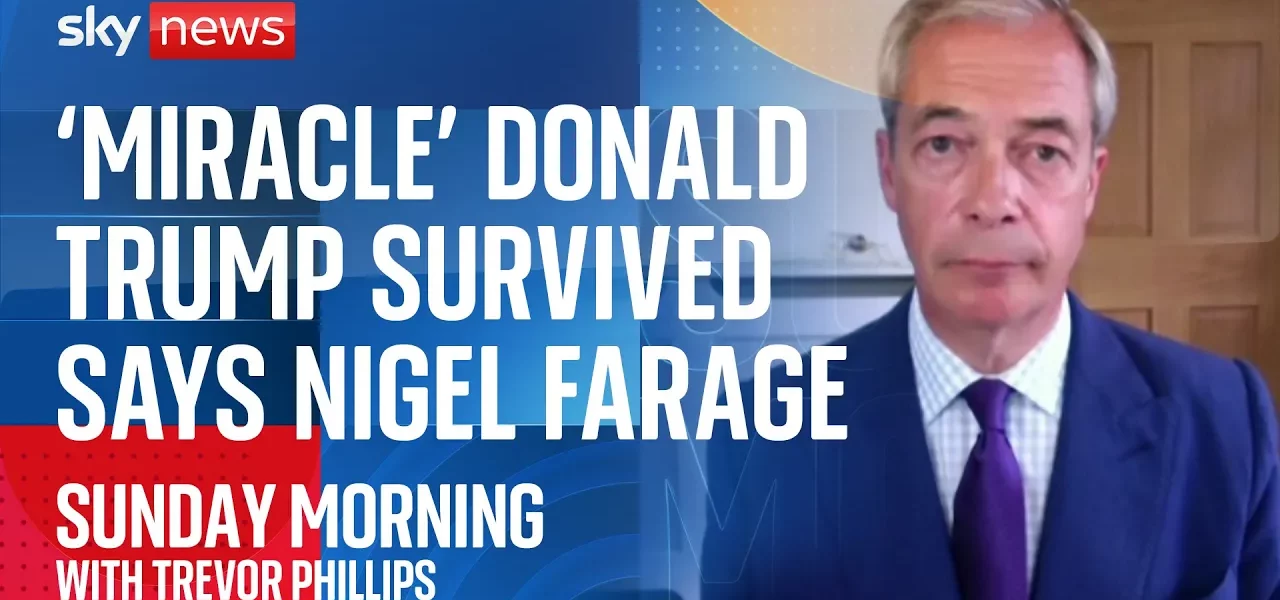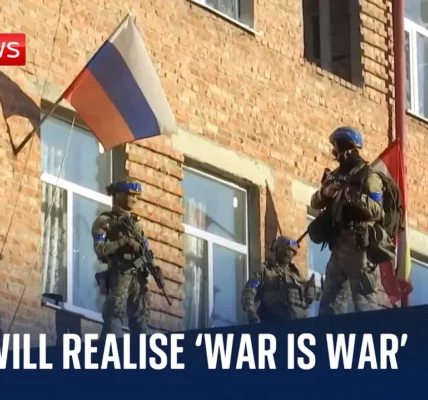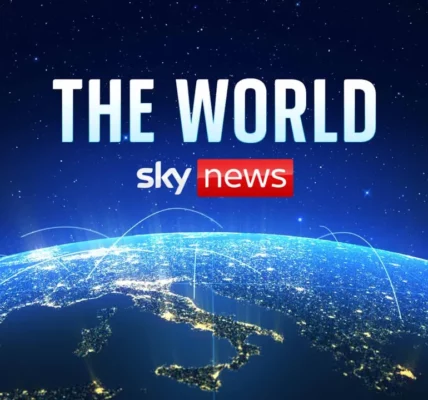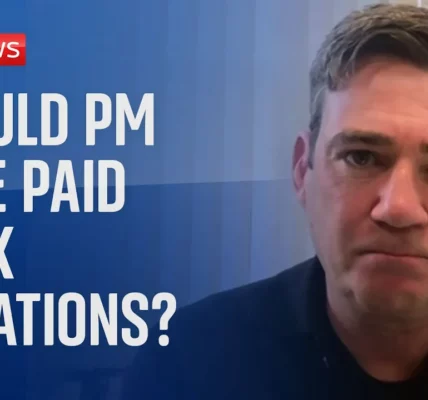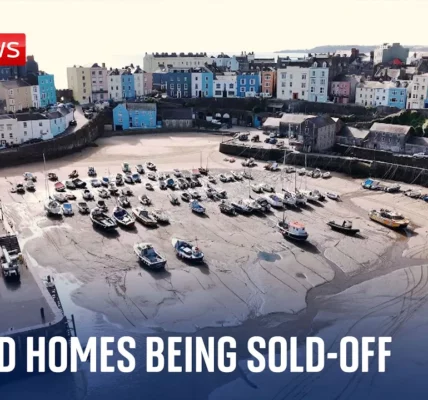Your Reaction to the Event Overnight

This article delves into the recent events surrounding political rallies and the impact of media narratives on public perception. With insights from key political figures, we explore the intersection of media, politics, and social behavior in a polarized environment.
Introduction
The recent political event that transpired has sent shockwaves through both American and global political landscapes. The reaction from various political figures highlights the deep divisions within society and the media’s responsibility in shaping public opinion. While the incident itself is tragic, it raises critical questions about the state of political discourse, safety of politicians, and the role of social media in exacerbating tensions. Understanding these dynamics is crucial as we navigate through an increasingly polarized world.
The Incident: A Turning Point in Politics
The incident that occurred has left many in shock, with one innocent life lost and others fighting for survival. This tragedy underscores the heightened risks associated with political engagement today. Notably, Donald Trump’s survival amidst chaos has sparked discussions about the implications for his campaign and the broader political arena.
Immediate Reactions
Reactions from political commentators and public figures have varied, but there is a consensus on the need for introspection regarding the language used in political discourse:
- Many commentators expressed outrage over the violence.
- Numerous individuals called for a reassessment of how politicians communicate.
- There are growing concerns about the safety of public figures at political rallies.
The Role of Media in Political Polarization
Media plays a crucial role in shaping public perception of political figures. The way news is reported can either contribute to or mitigate polarization. This section examines how both social media and traditional media outlets influence public opinion.
Social Media’s Impact
Platforms like X (formerly Twitter) have transformed political dialogue, often amplifying extreme views:
- Users can rapidly disseminate information, leading to viral narratives.
- Echo chambers form, reinforcing existing beliefs and biases.
- Incidents of harassment and threats against politicians have surged, reflecting a toxic online environment.
Traditional Media Responsibilities
While social media is a significant factor, traditional media also bears responsibility:
- Coverage can often sensationalize events, leading to heightened emotions.
- Framing of political figures can contribute to negative perceptions without adequate context.
- Media narratives can influence public sentiment, sometimes leading to mob mentality.
The Aftermath: Political Campaigning in a New Era
In the wake of this incident, political campaigning faces an uncertain future. Political figures like Donald Trump are now contemplating how to proceed amidst heightened tensions.
Challenges for Campaigners
The safety of politicians has become a paramount concern:
- Campaign rallies, once vibrant events, now carry significant risks.
- Politicians may need to rethink their engagement strategies with the public.
- There is a push for enhanced security measures at political events.
Potential Shifts in Political Strategy
As the landscape evolves, political figures may need to adopt new strategies:
- Focus on policy discussions rather than inflammatory rhetoric.
- Engage with constituents in safer, more controlled environments.
- Foster a culture of tolerance and understanding, aiming to bridge divides.
Conclusion
The recent events have laid bare the fractures within our political system and society at large. As we reflect on the implications of these occurrences, it is crucial that we strive for a healthier political discourse. Political figures, media outlets, and the public must collectively work towards a more respectful dialogue that prioritizes safety and understanding. Moving forward, it is vital to engage in constructive conversations and foster an environment where differing viewpoints can coexist peacefully. We invite you to share your thoughts on how we can achieve this goal and promote a more civil political landscape.
“`
